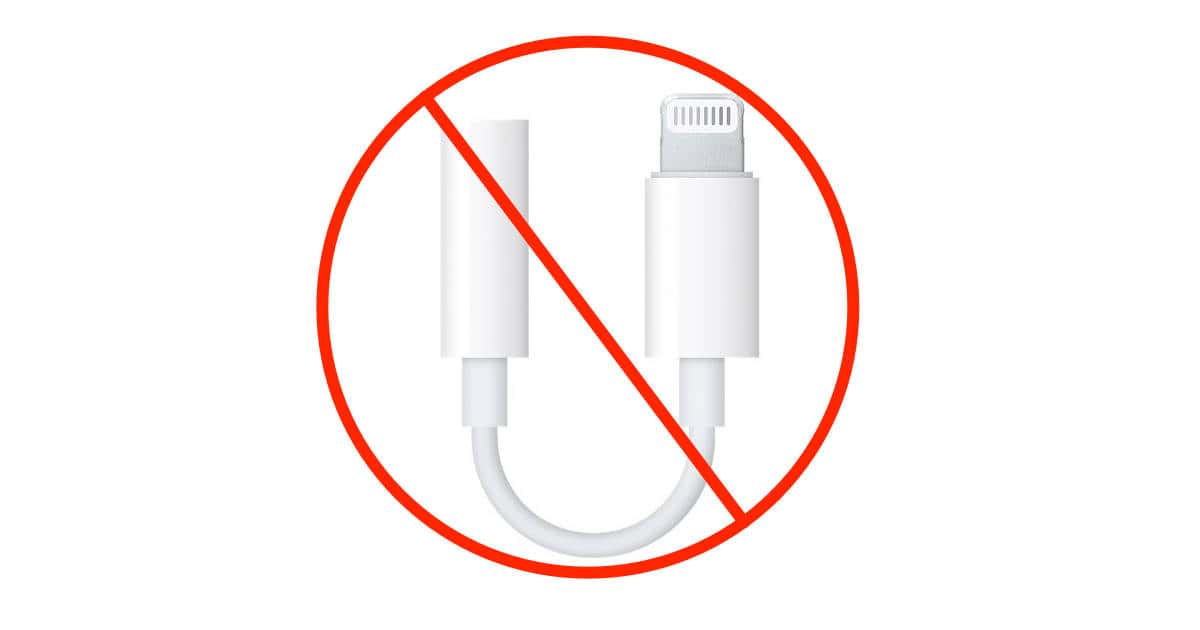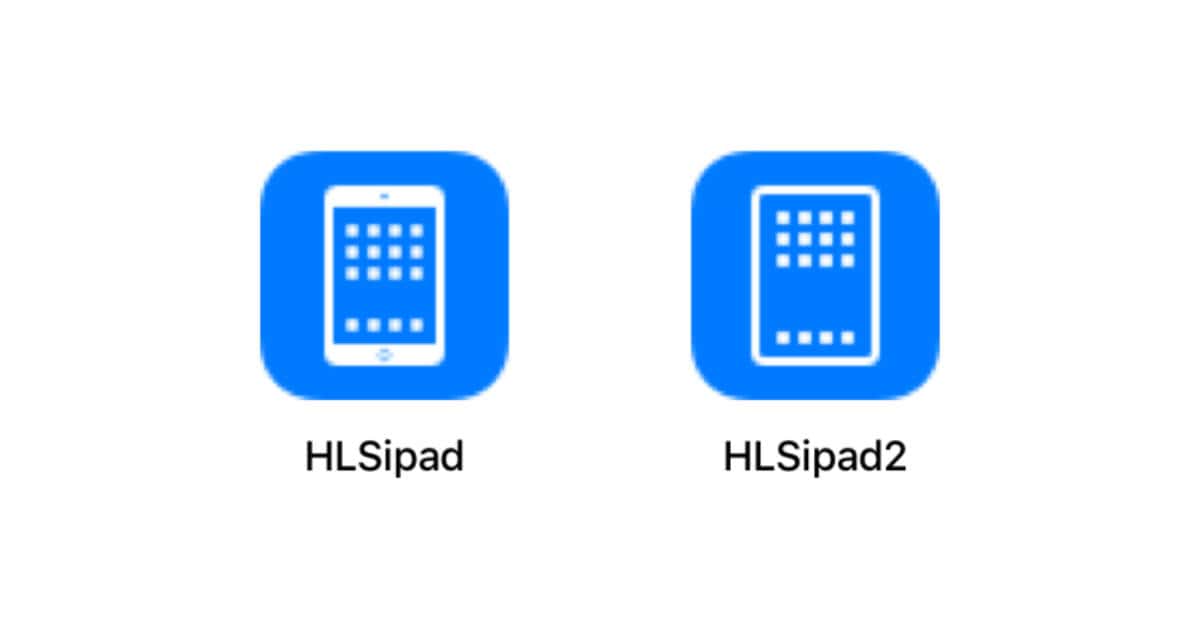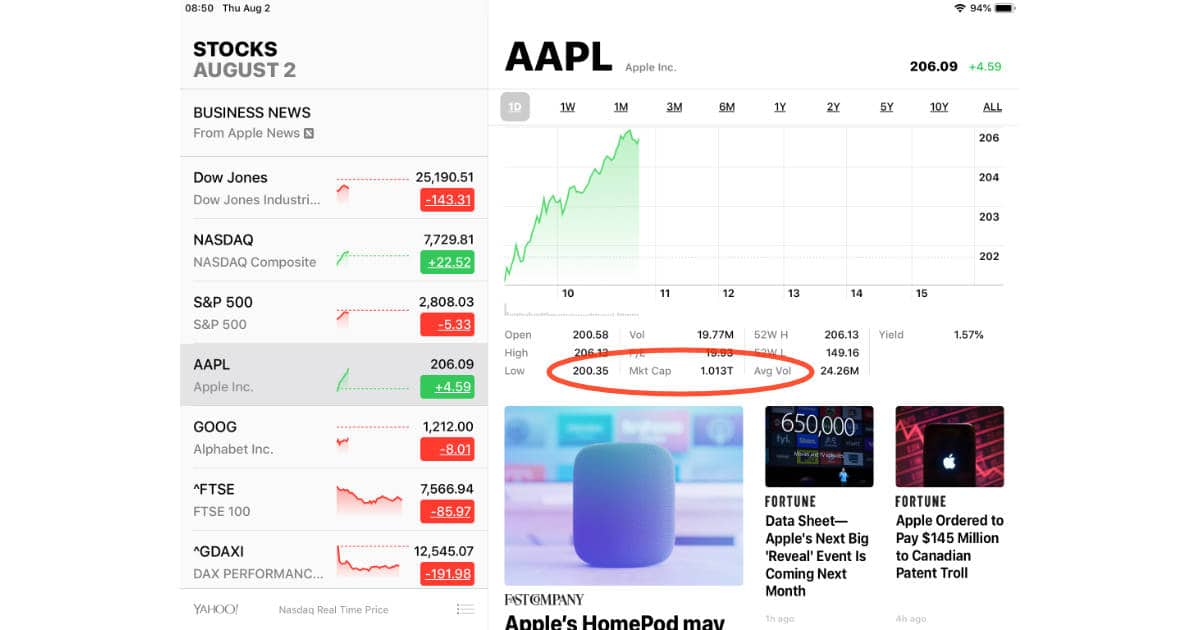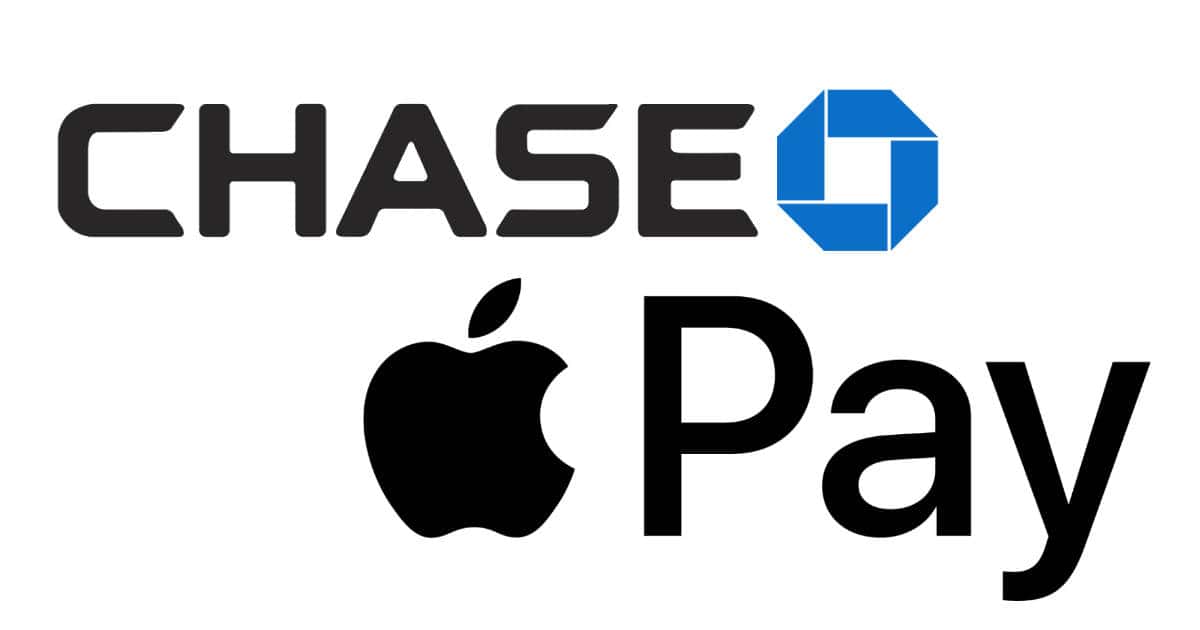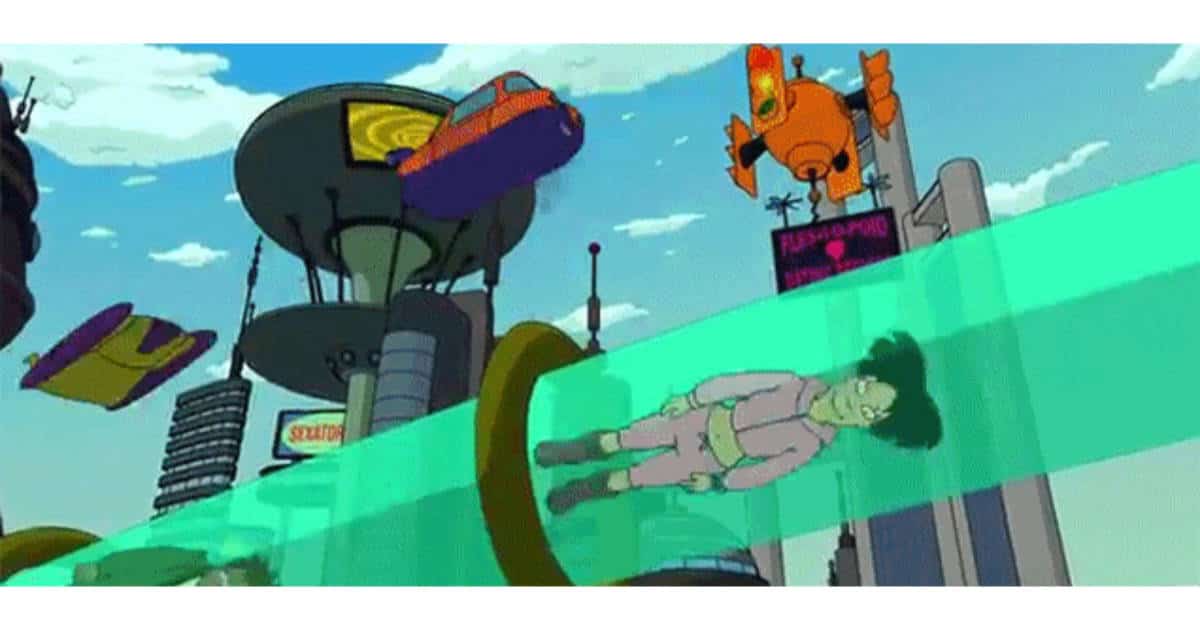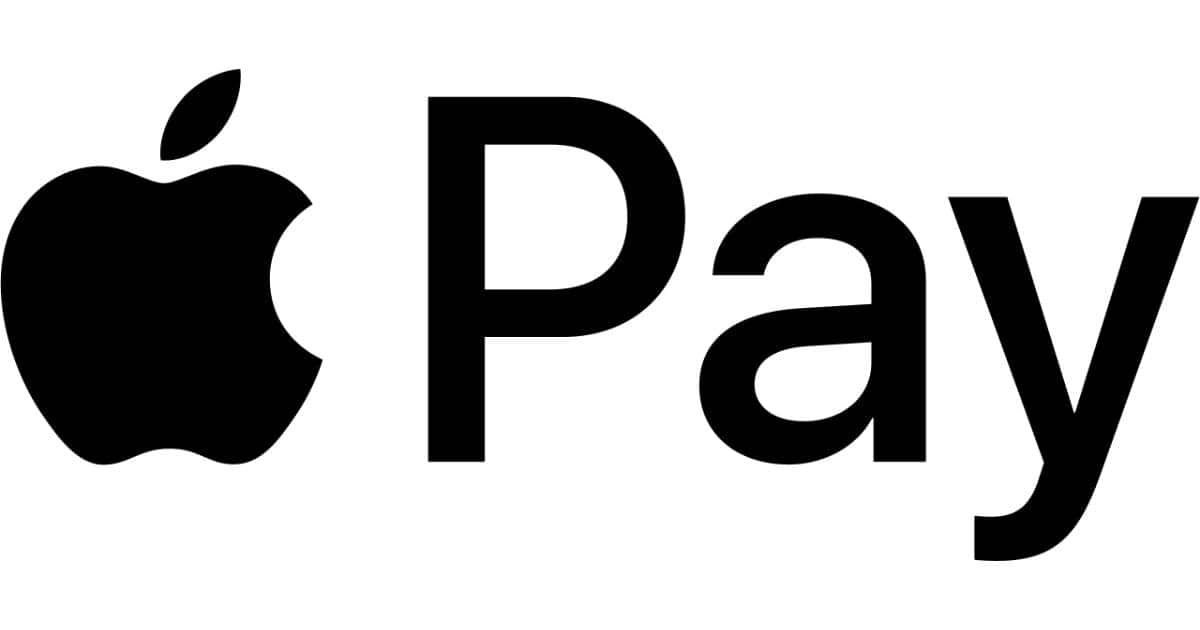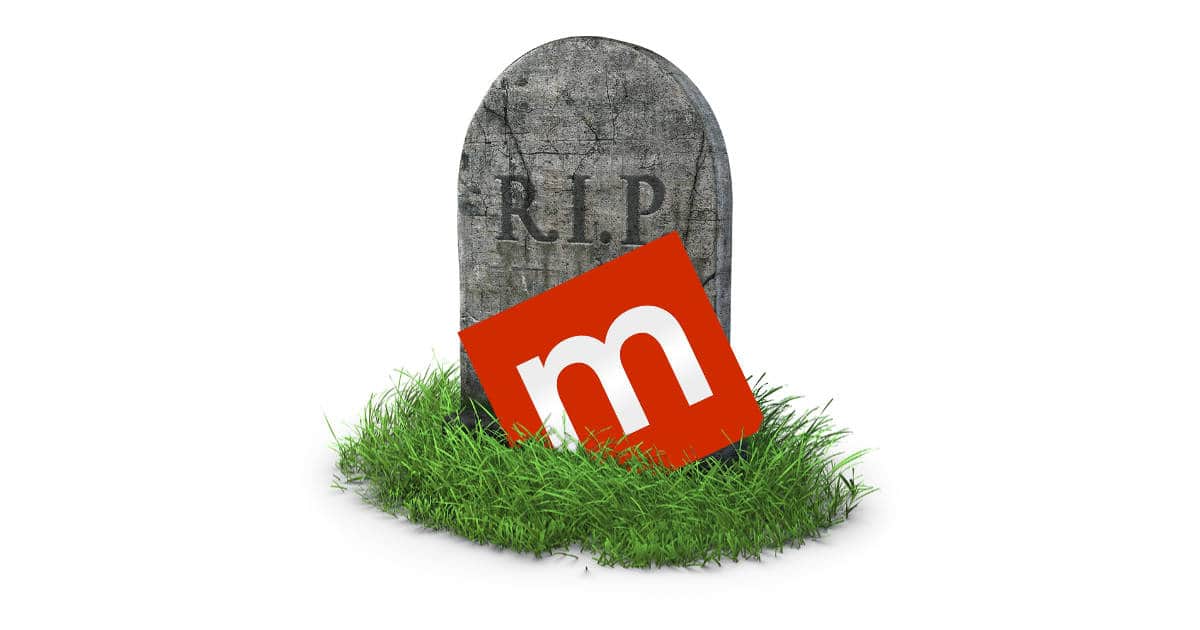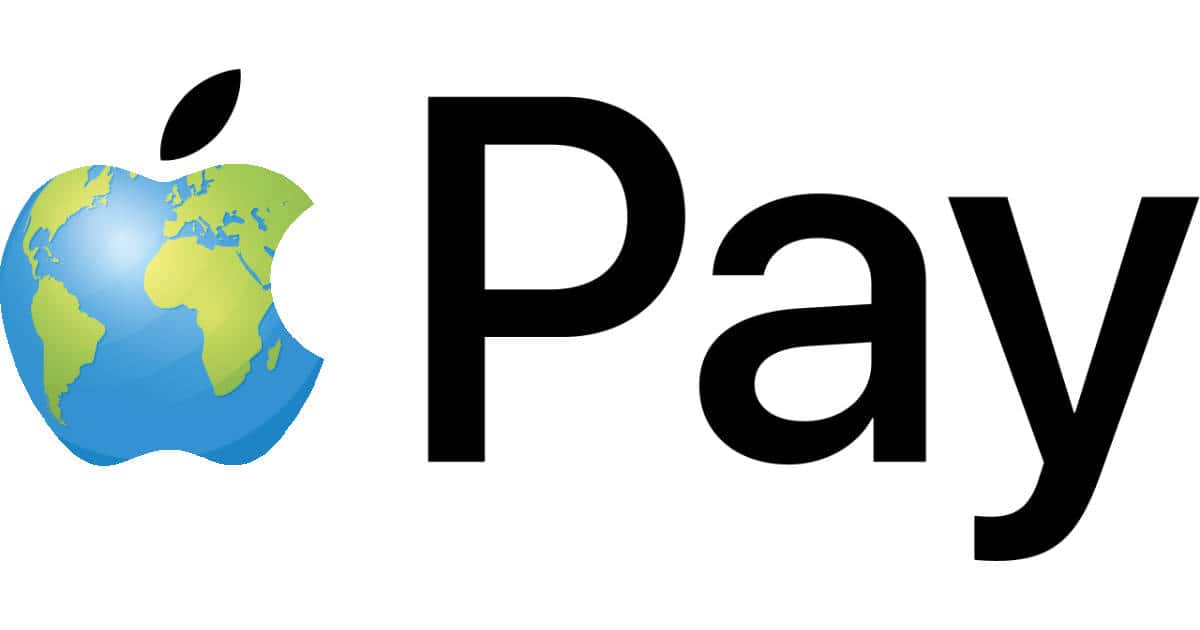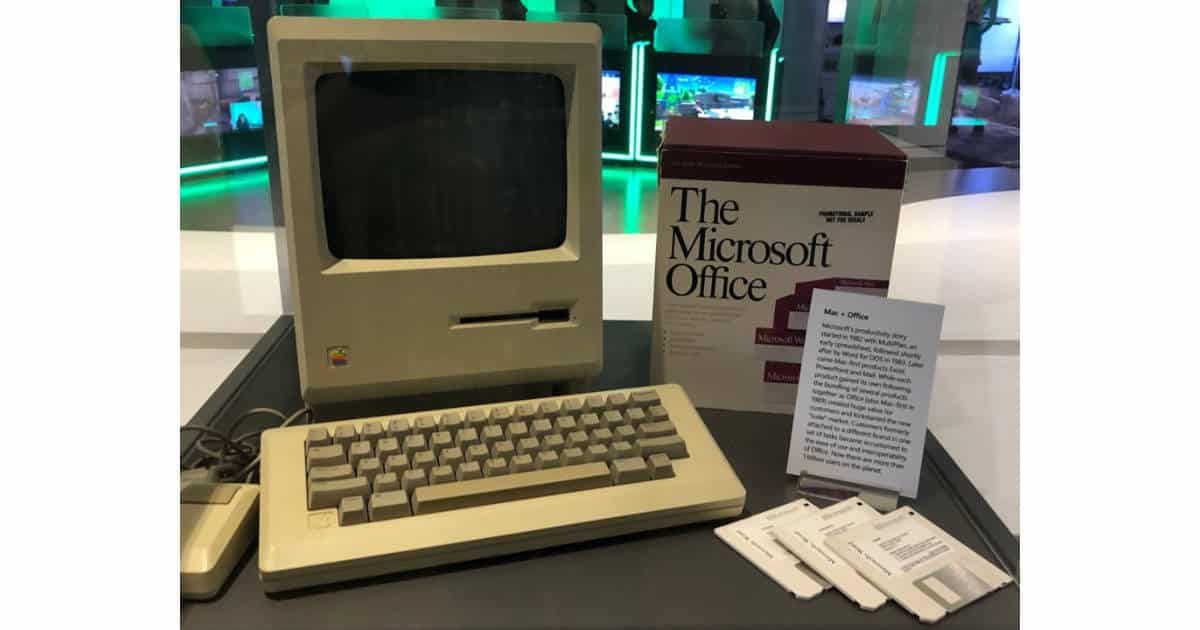It’s looking like this is the year Apple will stop including the Lightning to 3.5 mm headphone jack adapter with new iPhones.

Jeff Gamet
Jeff Gamet is the Mac Observer’s Managing Editor, and co-host of the Apple Context Machine podcast. He is the author of “The Designer’s Guide to Mac OS X” from Peachpit Press, and writes for several design-related publications. Jeff has presented at events such as Macworld Expo, the RSA Conference, and the Mac Computer Expo. In all his spare time, he also hosts TMO’s Daily Observations podcast, co-hosts The iOS Show podcast, and makes guest appearances on several other shows, too. Jeff dreams in HD.
Articles by Jeff Gamet
Apple's $1 Trillion Market Cap - TMO Daily Observations 2018-08-02
Bryan Chaffin and John Martellaro join Jeff Gamet to look at Apple’s market cap and explain what it means for the company to reach the US$1 trillion mark.
Thin-bezel iPad with Face ID Hiding in iOS 12 Developer Beta 5
iOS 12 developer beta 5 pretty much confirms Apple has a thin-bezel iPad without a Home button coming soon. Guilherme Rambo dug through the code and found icons for the new iPad model, along with evidence it’ll also support Face ID. Writing at 9to5Mac he says,
A new asset found in iOS 12 developer beta 5 seemingly confirms a new bezel-less iPad for the fall. The asset is part of the battery usage UI and it shows an iPad with no home button and thinner bezels. It wouldn’t be the first time a tiny glyph found in an OS reveals an unreleased product, last year the rumors about an iPhone with thin bezels were confirmed by the HomePod software leak.
Presumably this is an iPad Pro refresh. Since it’s showing up in iOS 12 beta code now, odds are we’ll see the new model some time this fall. My first generation 12.9-inch iPad Pro is suddenly looking a little long in the tooth.
Apple Didn't Just Hit $1 Trillion Market Cap Despite what the Stocks App Says
Apple’s own Stocks app says the company market cap is already over US$1 trillion. The app is wrong because Yahoo Finance hasn’t updated its AAPL share count yet.
Apple's Stock Up Over $203, Inching Closer to $1 Trillion Market Cap
Apple’s stock is hovering over US$203 Thursday morning, which means the company is getting closer to hitting a $1 trillion market cap.
Chase ATM Apple Pay Support Available at 16,000 Terminals
Chase now supports Apple Pay at nearly all 16,000 of its ATMs so customers can withdraw cash without inserting their credit or debit card in the machine.
Cupertino Shelves Employee Head Tax, Wants Apple to Help Fund Hyperloop Instead
Apple’s resistance to Cupertino’s proposed “head tax” on employees paid off because the city backed down from putting it to a vote in November. Mayor Darcy Paul says the city wants more input from businesses before revisiting the tax. Now he wants Apple to help fund a hyperloop line in Cupertino. From the Silicon Valley Business Journal:
[Mayor Paul] said he believes there’s a strong possibility that Silicon Valley tech companies like Apple would ‘heavily subsidize’ construction of a cutting-edge transportation solution in their own back yard and that no new tax should be imposed until that possibility is fleshed out.
Apparently Paul thinks Elon Musk’s hyperloop concept—a sealed tube that transports people at high speed—is the way to bring in more tax revenue.
AAPL Q3 2018 Earnings, R&D and Robots - TMO Daily Observations 2018-08-01
John Martellaro and Kelly Guimont join Jeff Gamet to talk about Apple’s 2018 third fiscal quarter earnings, the company’s R&D budget, and the possibility of an Apple personal robot.
Apple's Stock Finally Tops $200
Apple’s stock topped US$200 for the first time on Wednesday since its 7-for-1 stock split in 2014.
CNET Predicts New iPhone Announcement Coming on September 12
CNET looked at Apple’s track record over the past few years to pick the most likely date for the new iPhone announcement and came up with Wednesday, September 12th. That takes into account the days of the week and time in September Apple usually chooses for its iPhone events. Next, they looked at prior announcement proximity to Labor Day. They say,
For the last six years, Apple held its iPhone announcements on either a Tuesday or Wednesday, and usually no later than the second full week of September…For 2018, Labor Day falls on Monday, September 3. So, if Apple follows its recent pattern, the company would announce its new iPhones the following Tuesday or Wednesday: September 11 and September 12.
Considering the negative connotations that go along with September 11th in the United States, that leaves the 12th. Since first deliveries follow about a week and a half later, that means we’ll have new iPhones in our hands on September 21st.
Facebook, Instagram Apps Getting Screen Time-like Activity Management
The Facebook and Instagram apps are getting their own activity and usage time management controls, much like Screen Time settings in iOS 12 on the iPhone and iPad.
Apple's Wearables Revenue Up 60% in Q3 2018
Apple’s wearables business, which includes Apple Watch, AirPods, and Beats headphones, is rising quickly with a 60% revenue increase year over year.
Apple CEO Bags on Trump Tariffs, Calls them a Consumer Tax
Tim Cook called out Donald Trump’s tariffs on imports from China on Tuesday saying they amount to a tax on consumers.
Apple Pay Transactions Top 1 Billion in Q3 2018
The total number of Apple Pay transactions during Apple’s 2018 third fiscal quarter topped the 1 billion mark, beating both PayPal and Square.
Apple's App Store Revenue Twice as Much as Google Play Store
Apple’s App Store brought in almost twice as much revenue in the first half of 2018 than the Google Play store.
MoviePass Runs Out of Money, Now on the Fast Track to Crash-and-burn
MoviePass ran out of money over the weekend, is now blocking first-run movies, and we’re watching the company melt down in real time.
Apple Pay Dominance, NFC in HomePod - TMO Daily Observations 2018-07-31
Dave Hamilton and Andrew Orr join Jeff Gamet to look at Apple Pay’s projected dominance in contactless payments, plus Andrew explains why he’d like to see NFC in Apple’s HomePod.
Logitech Buying Popular Microphone Maker Blue
Logitech is expanding its foothold in the audio market again by purchasing microphone and audio gear maker Blue in a US$117 million deal.
iOS 12 Developer Beta 5 Confirms HomePod Speaker Phone Feature
iOS 12 developer beta 5 confirms HomePod will get iPhone speaker phone support for making and answering calls this fall.
Apple Hosting Q3 2018 Earnings Conference Call Today
Apple’s third fiscal quarter earnings conference call is set to start after the market closes this afternoon, July 31st.
Apple Pay to Make Up Half of All Contactless Payments by 2020
Contactless payment system users, such as Apple Pay and Samsung Pay, are on track to hit 450 million by 2020, and Apple is going to account for half of them around the world. That’s according to a new report from Juniper Research.
Bryan's Whole Home Listening Concept for Siri - TMO Daily Observations 2018-07-30
Bryan Chaffin and the Maccast’s Adam Christianson join Jeff Gamet to talk about Bryan’s vision for whole home listening for voice assistants and why an iPhone in our pocket doesn’t count.
There's an Original Mac on Display at Microsoft's Headquarters
There’s an original Mac on display at Microsoft’s headquarters commemorating the fact that Microsoft Office was released first for Apple’s computer platform, and not the PC. That’s pretty cool because the company could’ve easily chosen to not recognize that bit of history and most people would’ve been none the wiser. Apple played a significant role in Microsoft’s early growth, so seeing a Mac with Office installer floppy discs, as Business Insider notes, next to Bill Gates’ original business card is great. You can check out the ancient Mac at Microsoft’s visitor center in Redmond, Washington.
Senator Wyden Wants US Government to Stop Using Adobe Flash
Flash is dead and any remaining support for the former king of online multimedia officially ends in 2020, so Senator Ron Wyden (D-OR) is urging U.S. government agencies to drop the platform. In a letter to the National Institute of Standards and Technology he said,
While Flash will continue to exist past this point, it will no longer receive necessary technical support, significantly magnifying its existing cybersecurity deficiencies.
Considering the ridiculously long list of security flaws in Flash, ditching the platform is something the government should’ve done long ago.
